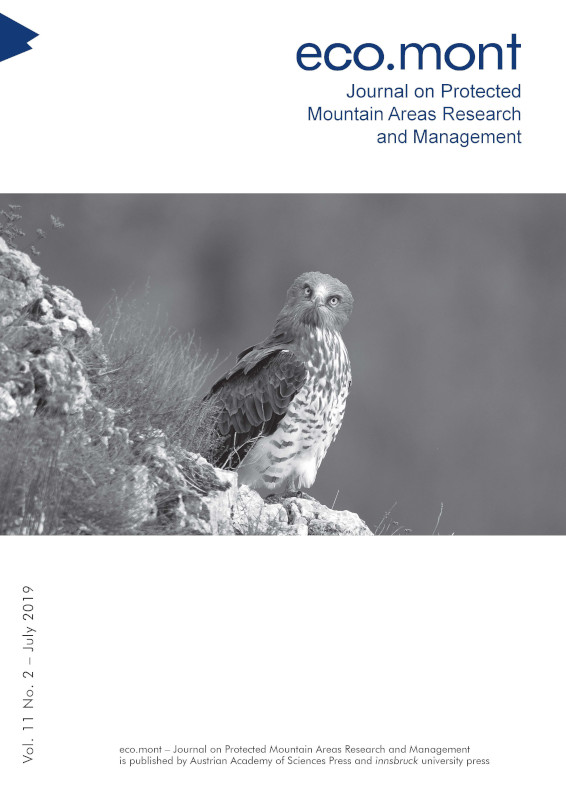
Eco.mont Vol. 11 Nr. 2, pp. 11-17, 2019/07/01
Journal on Protected Mountain Areas Research and Management
Peri-urban protected areas such as the UNESCO Wienerwald Biosphere Reserve (WWBR) offer important recreational opportunities. However, access has been shown to be restricted for certain groups, and immigrants from non-western countries especially are found to be under-represented as user groups. This paper presents research findings from a transdisciplinary pilot study undertaken in Vienna and Lower Austria investigating the importance of the WWBR in the leisure lives of immigrants (focusing on Turkish and Chinese immigrants), and barriers that hinder people from using the WWBR. A qualitative research design was adopted, and in total 80 interviews (40 from each community) were obtained. Results show a strong appreciation for natural areas and a high awareness among all participants of the positive impacts for health and well-being. The social environment has a strong influence on outdoor recreation participation, and ethnic-cultural and community-related aspects affecting access were identified. The study shows that planning authorities face challenges in providing adequate information, especially concerning access and on-site use. Gatekeepers are needed to remove access barriers based on fears and insecurities. Other challenges for planning authorities are also addressed, and recommendations for managerial action are presented.
Keywords: accessibility, outdoor recreation participation, immigrant communities, qualitative research methods, Biosphere Park, ethnicity